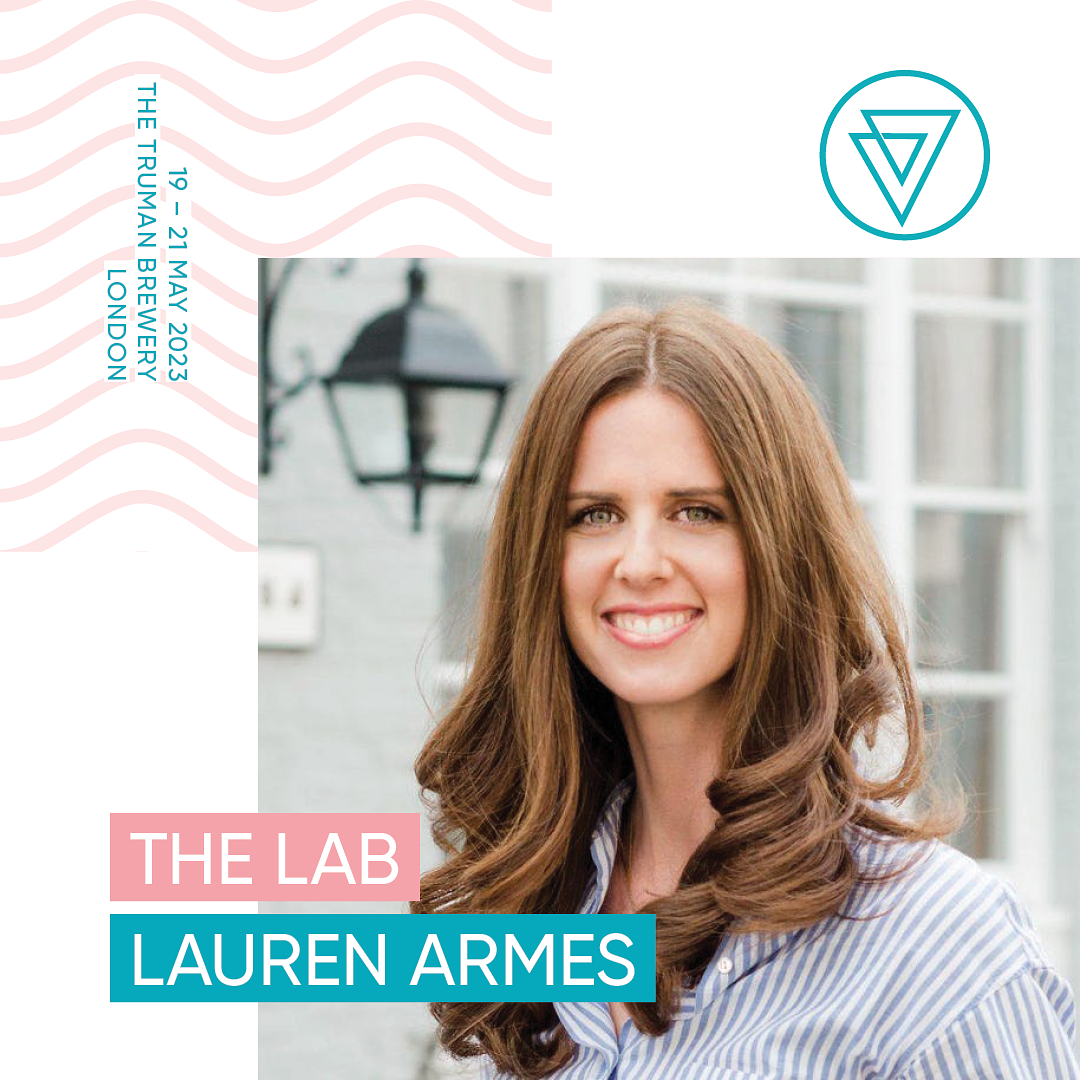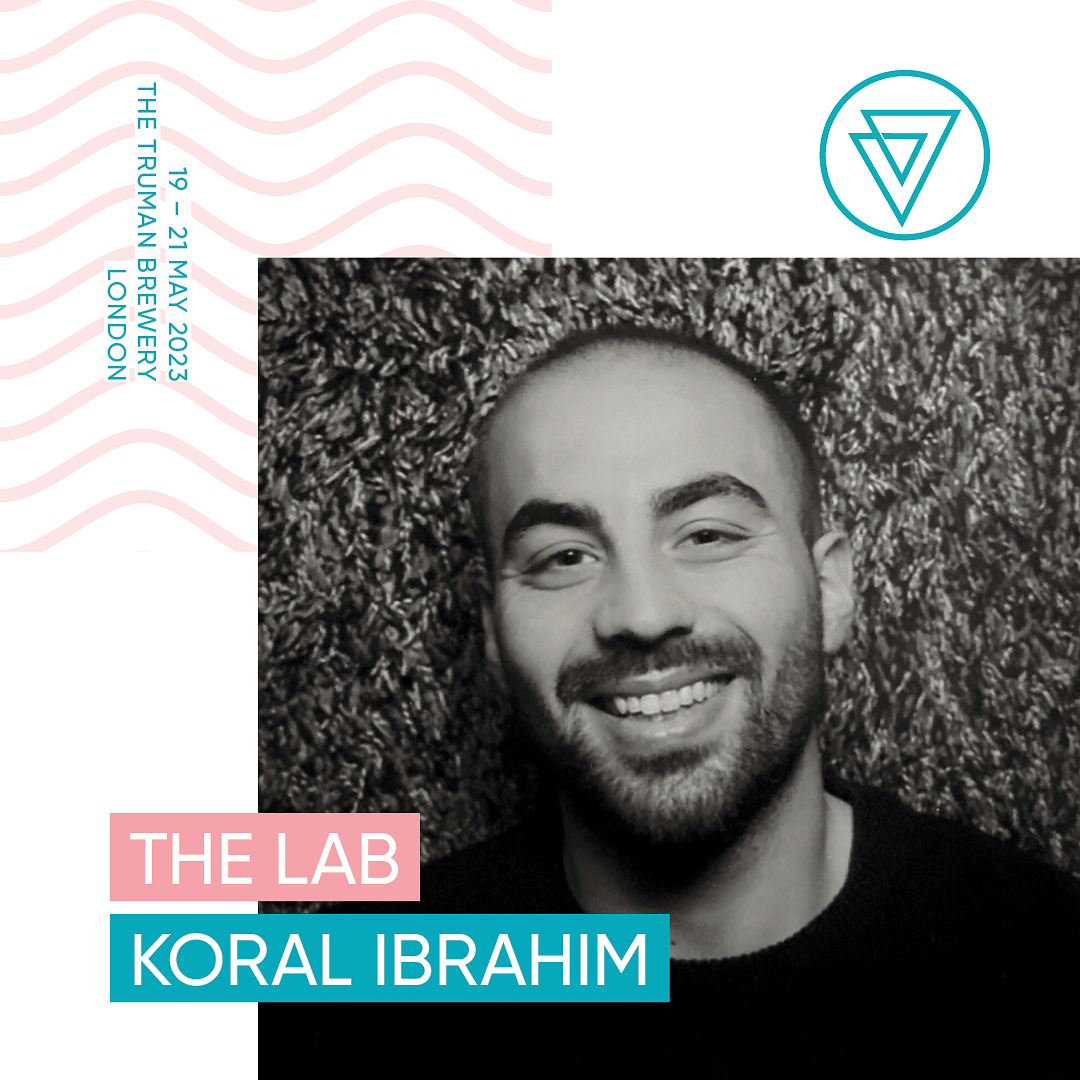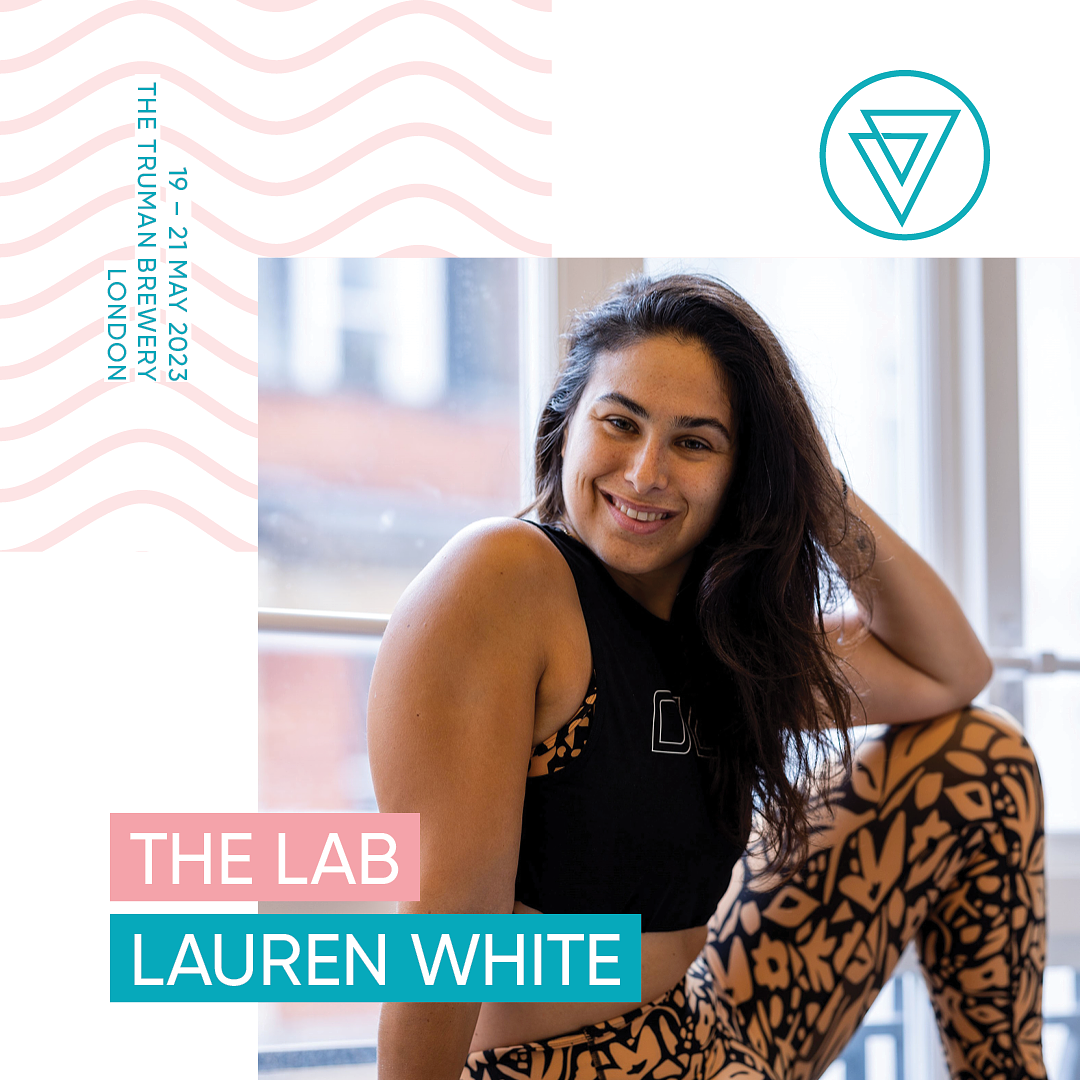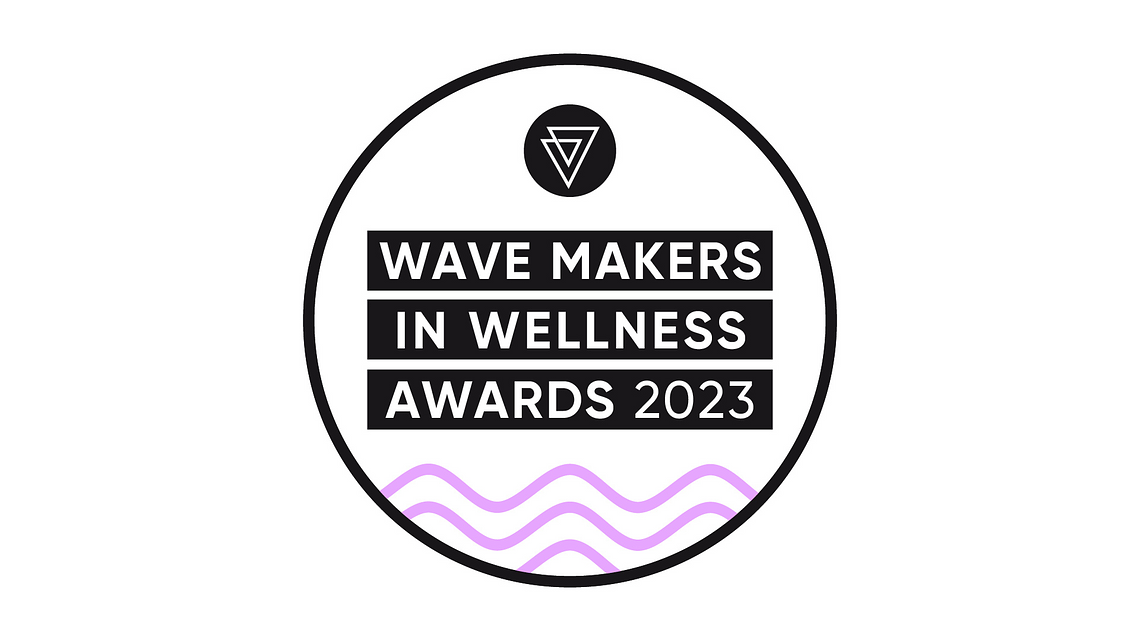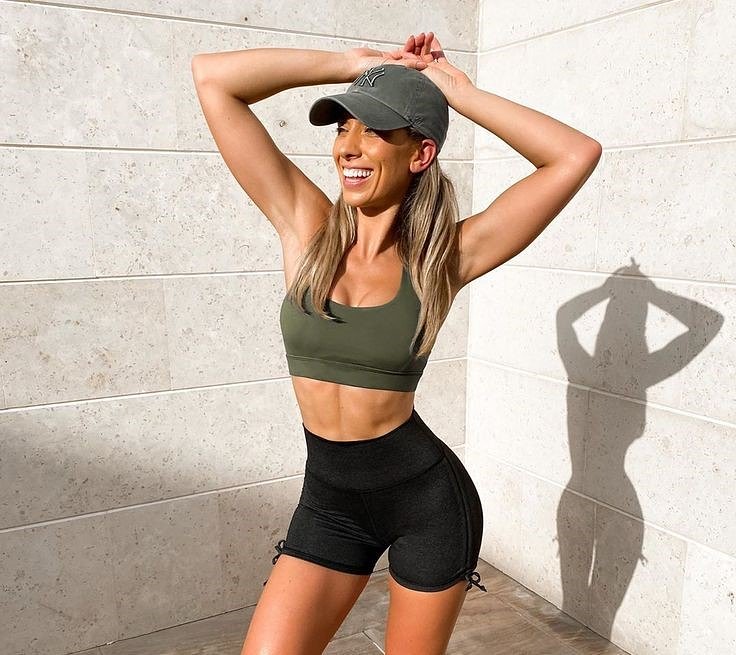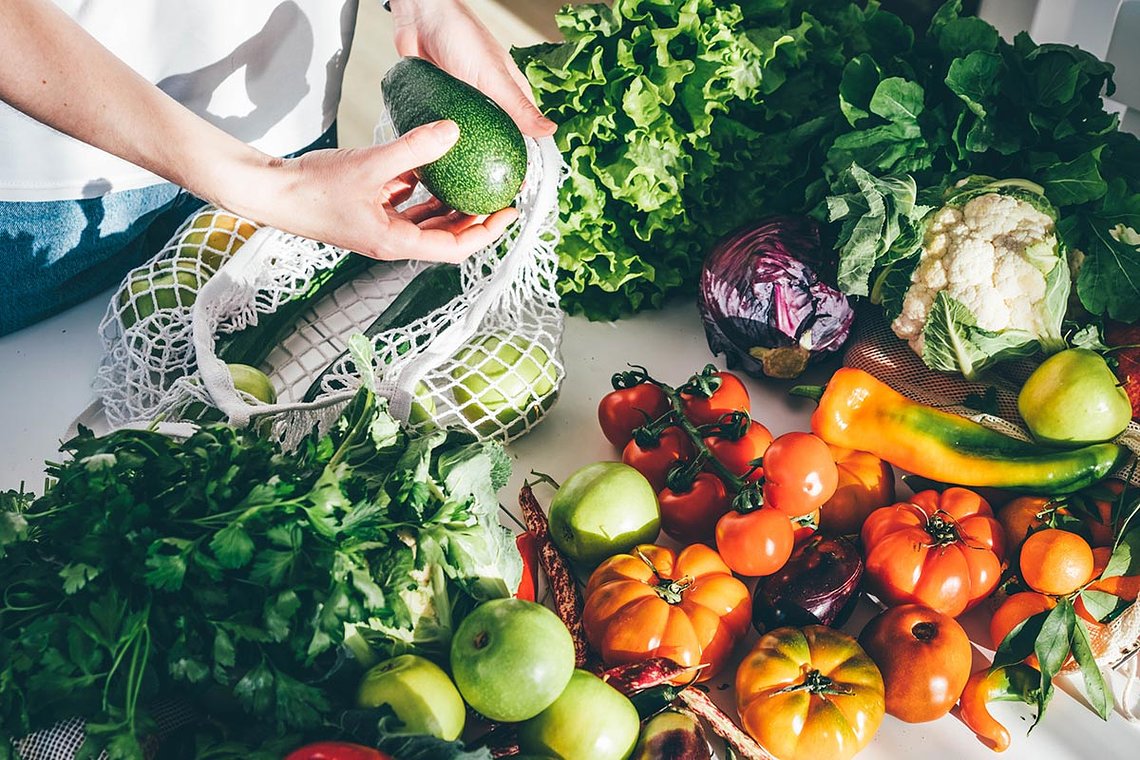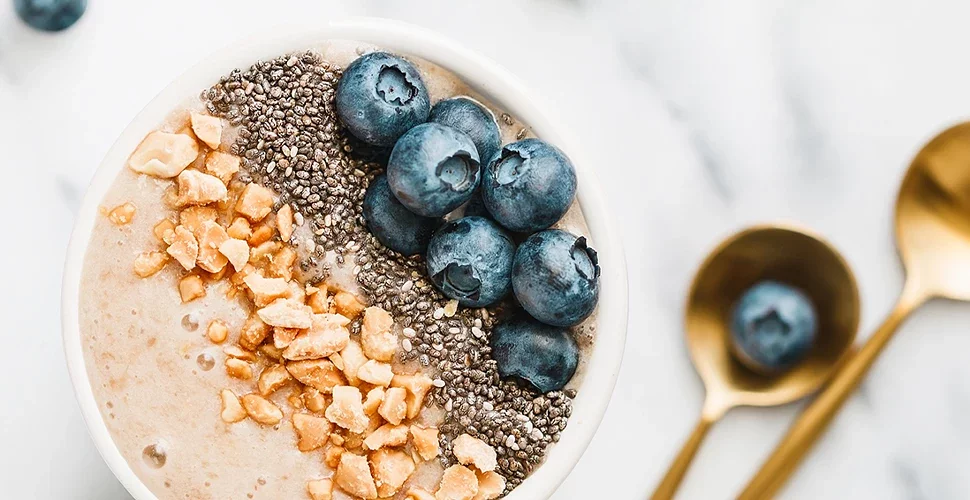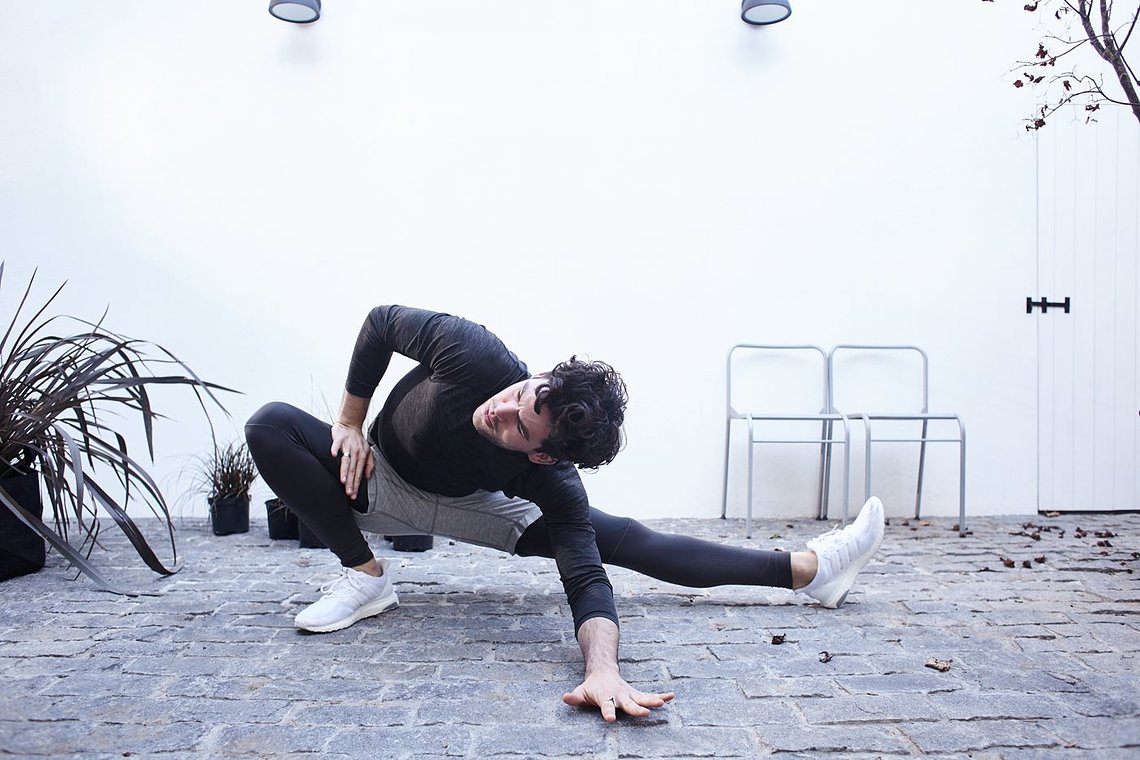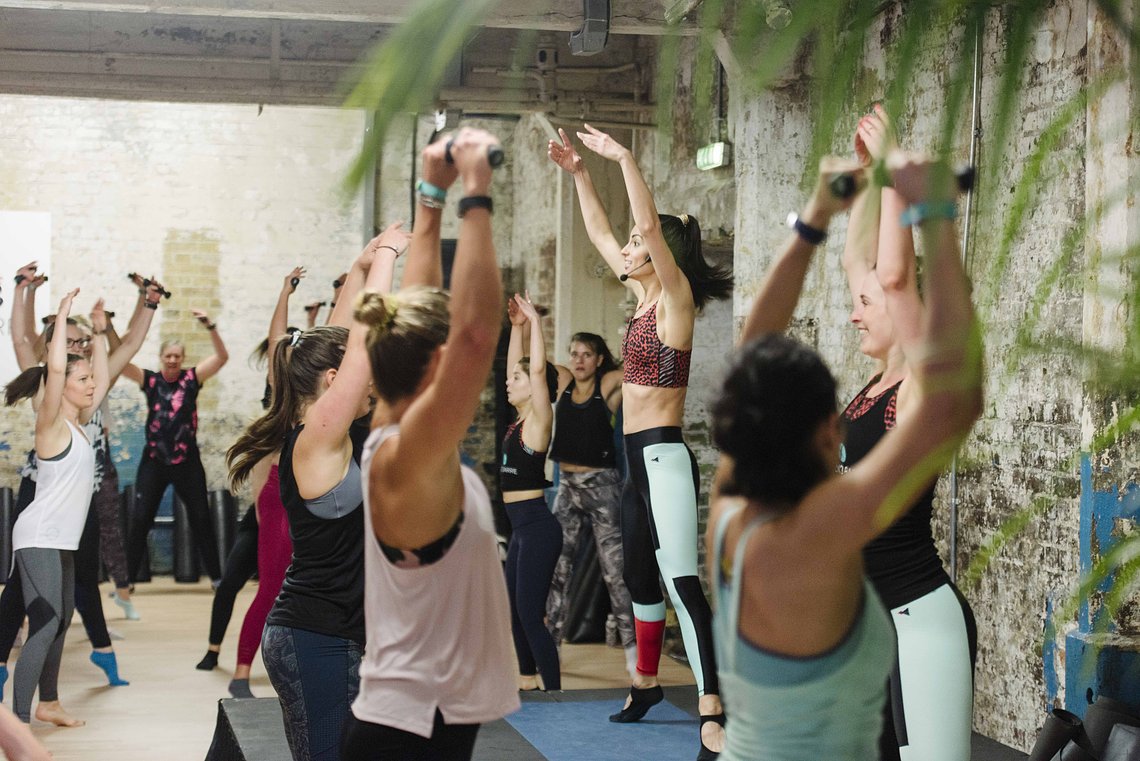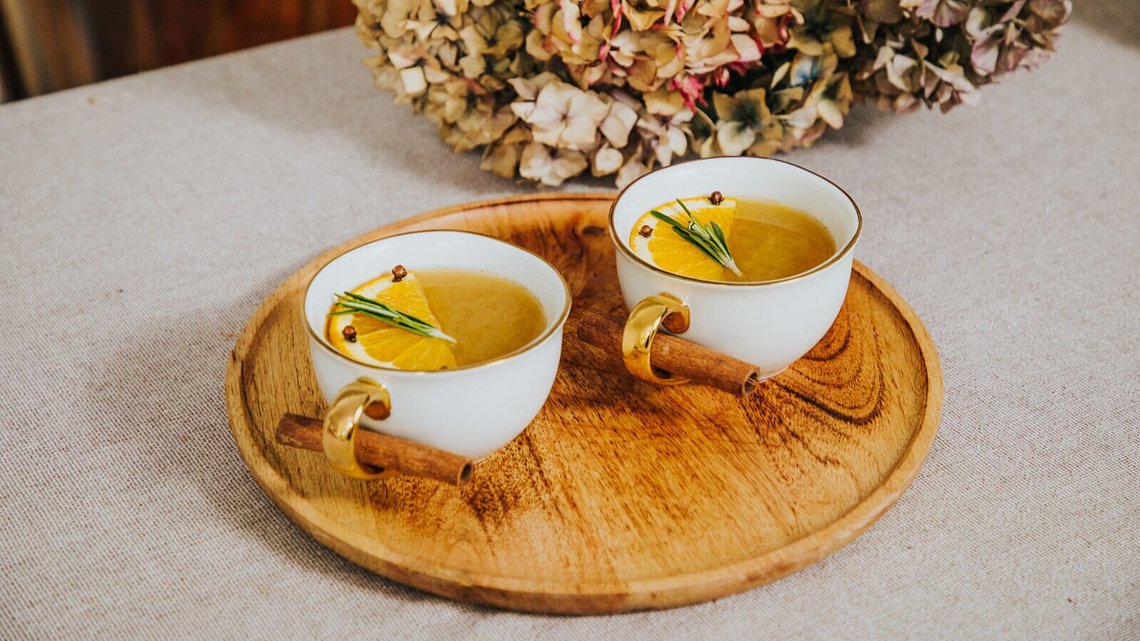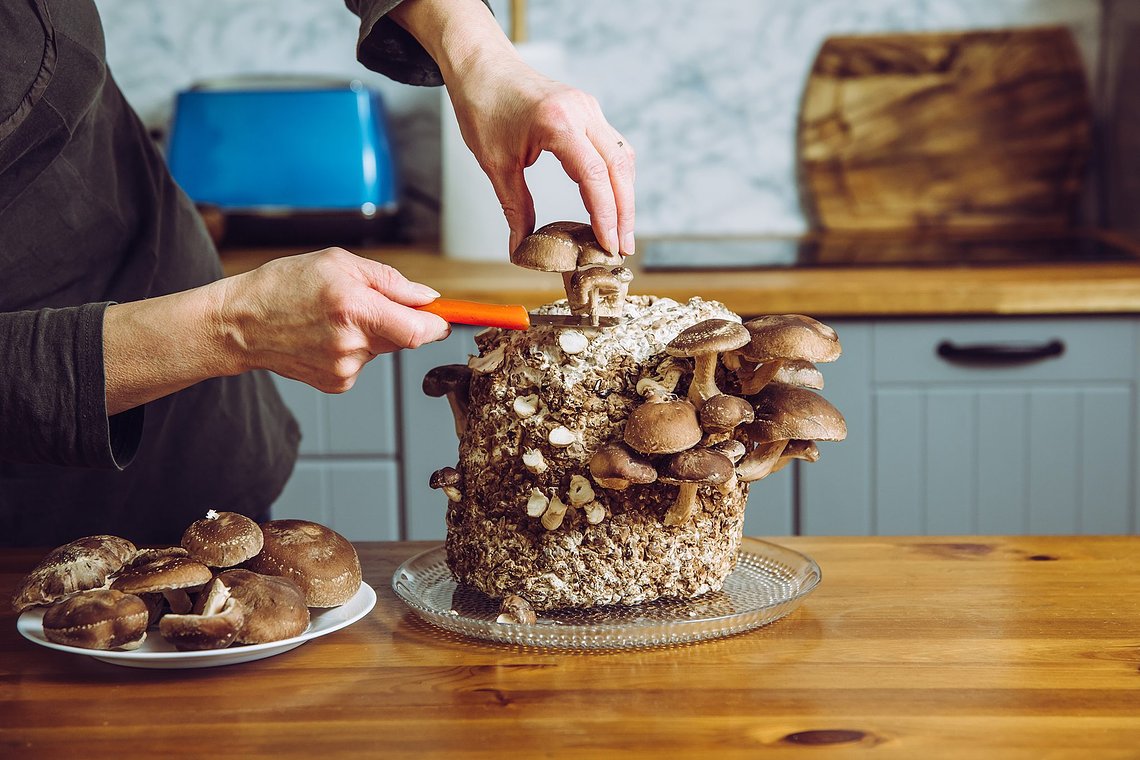Wed 8 Mar 2023
Everything you need to know about probiotics
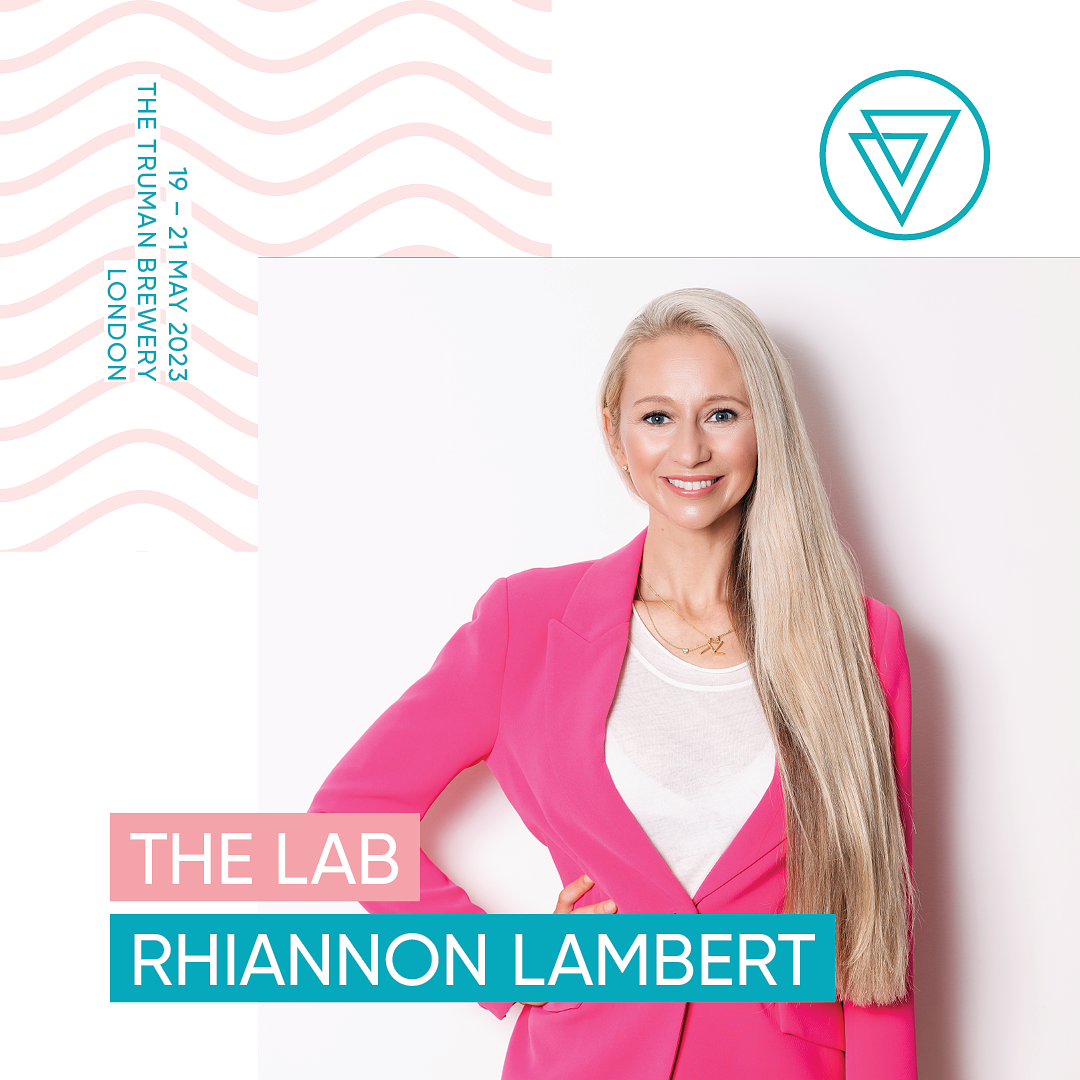
SHARE THIS POST
With leading nutritionist and bestselling author Rhiannon Lambert
Gut health is always a hot topic in Wellness, but with so many opposing opinions whirling around, it’s tricky to separate fact from fiction. We asked leading nutritionist and bestselling author Rhiannon Lambert, who will be speaking at The LAB, for some clarity!
Why is gut health so important?
The gut microbiome contains trillions of bacteria, yeast and fungi, and while we often assume bacteria is bad, the majority that we find in our gut is beneficial to our body and extremely important for the digestion, and absorption of energy and nutrients (1).
Commonly cited is the ‘gut-brain-axis’, which referrers to the connection between our gut and our nervous system. This research is new and limited, but it suggests that the composition of an individual’s microbiome could be linked to illnesses like anxiety and depression, and significantly affect our mood (2). This is especially significant in the first few weeks of being born (2) as our gut may influence our immune system, as well as appetite, metabolism, and risk of becoming obese. (1) There is also more research surrounding its potential involvement with type 2 diabetes, Parkinson’s (3) and allergies. However, this research needs to be explored further so we can determine how involved it is (4).
What kinds of things can impact on gut health?
Our diet has been consistently associated with the composition of our gut bacteria, more specifically, prebiotic and probiotic foods (5,6). Additionally, the long-term use of antibiotics is also thought negatively impact our gut health (1). Having a healthy, balanced diet rich in high fibre and plant-based foods is most likely to promote good gut health.
Probiotics are often treated like are cure all - what actually are they and what function do they play our bodies?
Probiotics are live microorganisms which can pass on health benefits to us, when consumed in the right quanitites. Examples include the Lactobacillus and Bifidobacterium groups (7). These can be found in a variety of foods such as yoghurt, sauerkraut, tempeh, miso and kombucha. Additionally, they can be consumed as a dietary supplement. Probiotics have been shown to restore ‘good’ gut bacteria and help the body’s immune system in a variety of ways (8).
Does everyone need to take probiotic supplements?
Whilst having a healthy gut is thought to benefit us in many ways, it is an oversimplification to say simply taking probiotics everyday would benefit all (9). The evidence currently is not strong enough, and a better approach for an individual with no specific health issues would be to have a balanced and varied diet, full of fruits, vegetables and prebiotic foods such as onions, garlic, asparagus and banana (8). In the example of IBS, patients are often recommended to trial probiotics for a few weeks to see if it improves symptoms. If you are recommended to try probiotics by a qualified health professional, it may well benefit you, but it is usually a case by case scenario, as everyone is unique, and no one approach works for all (8).
What are some examples of probiotic heavy foods?
Probiotics can be found in certain yoghurts, kombucha, sauerkraut, kimchi, kefir, tempeh, miso and sourdough bread.
Is it true that probiotics need a coating to reach the gut intact?
Having a coating on the probiotic does not 100% guarantee it will reach the gut intact, but probiotics with specific coatings have been shown to protect against the harsh gastric environment which kills a large number of the bacteria (10). The problem is, that as probiotics are considered a food rather than a medicine, they do not go through the same rigorous testing (11). We cannot be sure that the products on the market contain the bacteria that is stated on the label, that they have enough bacteria present to have an effect, or that they will survive long enough to reach the gut (11).
Can probiotics be useful in treating acne?
Unfortunately, there is no significant evidence to suggest a link between acne and probiotics, as the skin microbiome and gut microbiome are very different, so we don’t understand if bacteria that helps are gut will also help our skin. Skin products do not typically contain live bacteria, with those listed-on bottles likely to be dead and ineffective. Most dermatologists will suggest a balanced diet full of antioxidants, minerals and omega 3 fatty acids for optimum skin health.
What are a few other ways are there to improve your gut health?
We have mentioned the main components of diet that may influence gut health, but exercise, stress, age, medication and your pre and post-natal environments can all influence gut health. The take home message is to eat well, get enough sleep and keep active, and we all know this doesn’t just impact our gut!
Rhiannon Lambert is a Registered Nutritionist specialising in weight management, eating disorders and sports nutrition. Founder of leading Harley Street clinic Rhitrition, bestselling author of Re-Nourish: A Simple Way To Eat Well and host of the podcast Food For Thought, Rhiannon is registered with the Association for Nutrition (RNutr), and obtained a first-class Bachelor (BSc) degree in Nutrition and Health and a Master’s (MSc) degree in Obesity, Risks and Prevention. She is also a Master Practitioner in Eating Disorders and Obesity having obtained a diploma from The National Centre For Eating Disorders approved by The British Psychological Society (BPS).
Find out more about her work over on her Instagram.
1. https://www.bmj.com/content/361/bmj.k2179
2. https://www.sciencedirect.com/science/article/abs/pii/S0166223613000088
3. https://www.prd-journal.com/article/S1353-8020(16)30066-9/fulltext
4. https://genomemedicine.biomedcentral.com/articles/10.1186/gm469
5. https://www.ncbi.nlm.nih.gov/pmc/articles/PMC5390821/
6. https://www.nature.com/articles/nrgastro.2012.156
7. https://nccih.nih.gov/health/probiotics/introduction.htm#hed2
8. https://www.bda.uk.com/foodfacts/probiotics.pdf
9. https://onlinelibrary.wiley.com/doi/abs/10.1002/mnfr.201600240
10. https://www.ncbi.nlm.nih.gov/pmc/articles/PMC3909163/
11. https://www.nhs.uk/conditions/probiotics/
